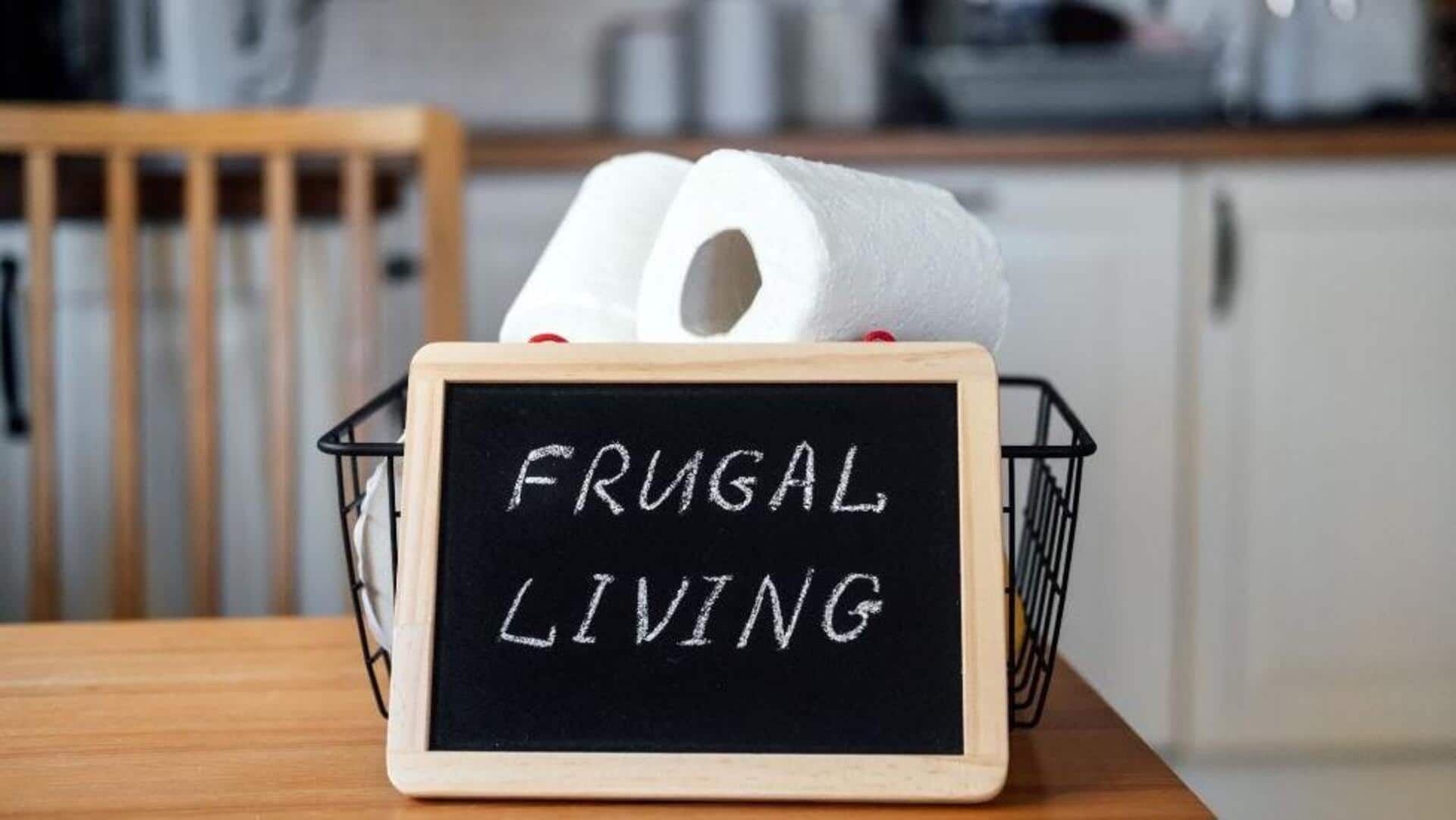
5 smart saving habits for successful frugal living
What's the story
Frugal living has become a popular lifestyle choice to save money and cut down on unnecessary expenses. However, the problem is that most of us are unable to implement effective saving habits, which is what leads to frugal living fails. But, if you master these key habits, you can improve your financial well-being without lowering your quality of life. Here are five must-have saving habits to avoid the common pitfalls of frugal living.
Expense tracking
Track every expense
Keeping track of every expense is essential for knowing where your money goes. Most people forget small purchases that accumulate over time. By noting every single transaction, you get an idea of spending patterns and know what to improve upon. Use a notebook or an app to note down daily expenses, and review them weekly to ensure you stay within budget.
Budget planning
Set realistic budgets
Creating a realistic budget goes a long way in managing finances. Most people set overly ambitious budgets that are impossible to maintain, which is where frustration and failure begin. Start by listing all monthly income sources and fixed expenses like rent or utilities. Allocate funds for variable costs such as groceries and entertainment, while leaving room for savings.
Impulse control
Avoid impulse purchases
Impulse buying can derail even the best financial plans. To combat this habit, implement a waiting period before making non-essential purchases. If you see something you want, wait 24 hours before buying it. This pause allows time to evaluate whether the item is really necessary or just an impulse desire.
DIY approach
Embrace DIY solutions
Adopting do-it-yourself (DIY) solutions can cut down the cost on household repairs and personal projects significantly. Instead of hiring professionals for minor tasks like painting or gardening, try doing them yourself with the help of online tutorials or books from the library. This not only saves money but also helps you build valuable skills over time.
Needs vs. Wants
Prioritize needs over wants
Distinguishing between needs and wants is crucial to maintaining financial discipline. Needs are essentials you require to live every day, like housing, food, and healthcare, while wants are non-essential items, like luxury goods or eating out too often. Focus on fulfilling needs first, before directing funds toward wants, ensuring long-term financial stability.